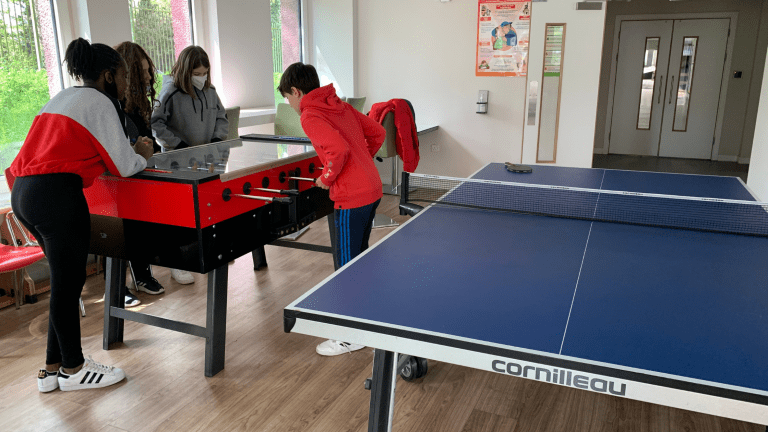A career Restart will always feel daunting, whether you have been out of work for a month, a year, or several years, the idea of unfamiliarity can make anyone feel intimidated. Everyone’s circumstances vary, although most commonly a career break is taken to start a family, temporary retirement, travelling, taking care of an ill relative, or redundancy, it can also span from a range of other factors as well. Here we will discuss our top tips for getting back in to employment.
Do your research on the companies and industry
Whether you have worked in the sector before or are interested in joining a whole new sector, make sure you do you research. Industries develop and adapt to technologies all the time and you need to ensure that you understand every aspect when trying to get hired. For example, you should be aware of new improved software, required protocols, updated health and safety guidelines and a variety of other things depending on the industry itself. A good practice is to always do research on the companies that peek your interest, take some time to understand their values and aims and also look at the LinkedIn profiles of individuals that are senior in the job sector that you are interested in – this can demonstrate how they made their career path and secured their role/s.
Build or improve both your online presence and CV
LinkedIn is one of the most effective and largest professional online networks and you should ensure that you are always using it effectively. If you do not have a LinkedIn profile, now is the time to create one, use a professional photo of yourself and list all relevant workplaces, education, certificates, and if necessary, portfolio work. The next thing to think about is your connections – this is a must when it comes to networking (more on that later). Add anyone who you have worked with in the past, be it in your studies or workplace – add your seniors, teachers, lecturers, managers, directors, and general team members. You can also add people that you don’t know from the workplace or education, take a chance and add people that are inspiring in your sector, for example if you are trying to get a junior role within the marketing industry, add people that work for companies that excel in their marketing campaigns. There’s no harm in trying, this method may even lead you to your dream job eventually. Don’t forget to also update both your LinkedIn and CV regularly for employers.
Use LinkedIn effectively & online networking
Now that you should have a strong LinkedIn profile set up, the next step is to actually implement it in to your daily life effectively. Try to be relatively active; engage with your connections and their posts/updates, create meaningful content, post relevant projects that you have been working on and just be true to yourself. This is a major form of online networking and can lead to new connections outside of previous workplaces. Ensure that you list all your experiences within your desired field and don’t be too general – give examples of the work you have produced or demonstrate how you excelled with a certain project. LinkedIn jobs is also an effective tool for searching for relevant jobs, try checking there at least a few times a week in order to see recent listings in the industry.
Preparation & Reflection
An interview is the first face-to-face impression that the employer will get of you and it is extremely important that you are fully prepared. Do you understand the job specification and what is expected from you? Can you effectively show what you are capable of? Do you know the interviewers name and role? These are just a few of the questions you should be asking yourself before an interview in order to be fully prepared. Ensure that you can confidently convey yourself in a professional but personable manner and dress appropriately as first impressions count. Expect knockbacks, and no responses, these will make you stronger and build your confidence in the long run. Reflection is the key to improvement so always ask the interviewer for feedback after an unsuccessful interview, this will outline where improvements need to be made in order for you to develop your techniques for the future.
Yes, it is important to be professional in any industry, however, the small details will also make you stand in a crowd – do you have something that you are particularly proud of? Do you possess any hobbies? It may be that you have a strong passion for a certain subject. This information can all be valuable to an employer as it shows that you are authentic (keep this brief though, you can go into further detail on the cover letter stage). Implementing the above points when trying to secure a job role will increase your chances of both getting professionally noticed and securing your dream job.
Make meaningful statements and always be true to yourself! If you need further assistance in regards to getting in to employment and English is not your first language, please head over to Break The Barriers and Diminishing The Gap




